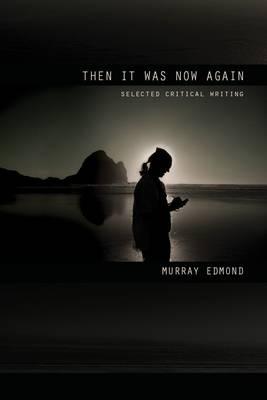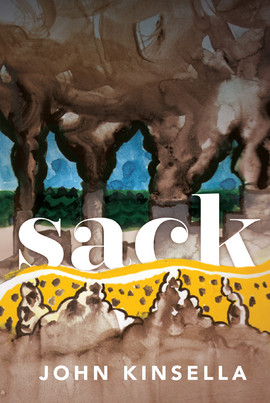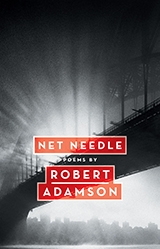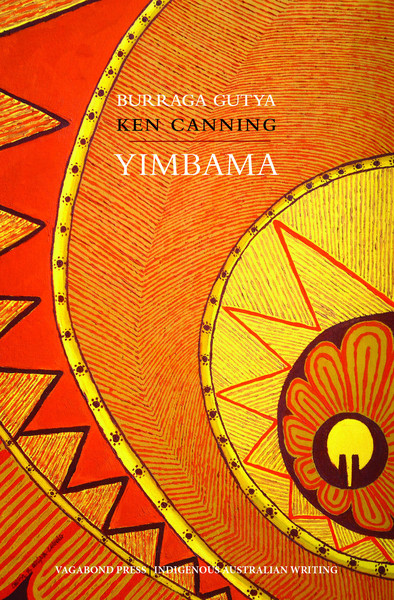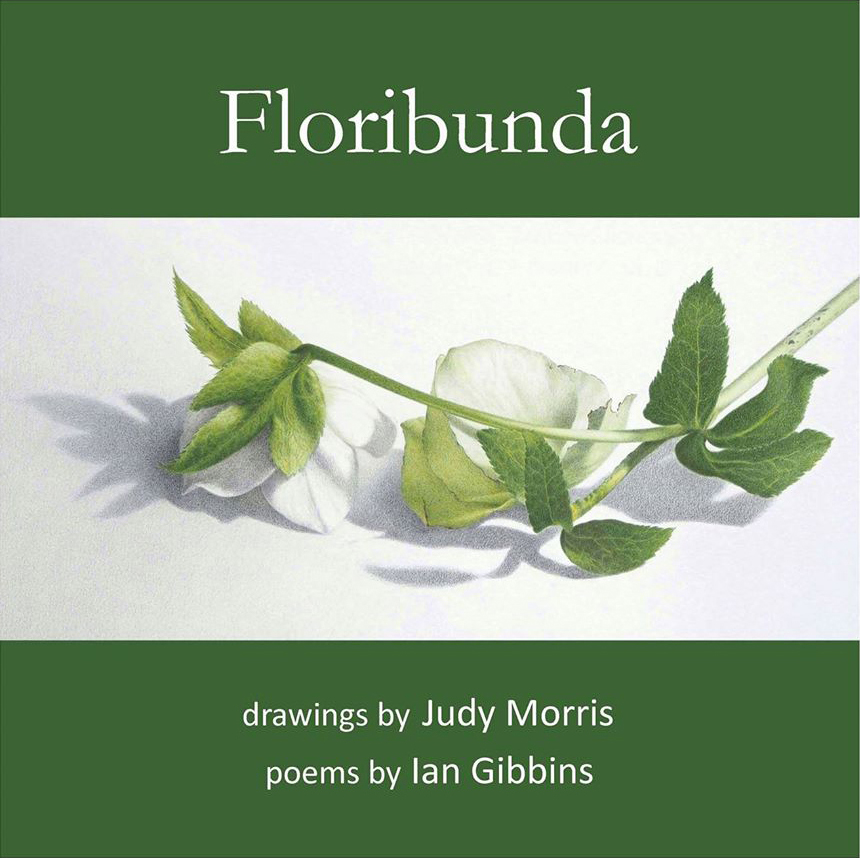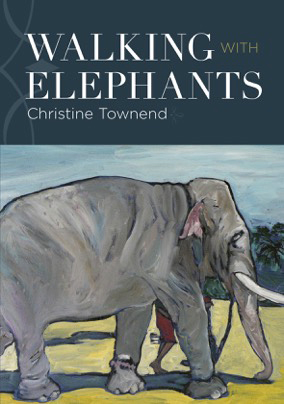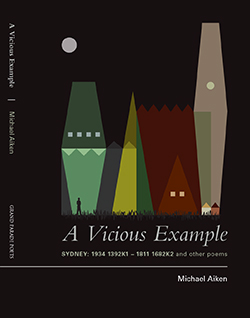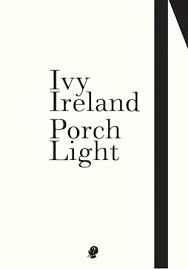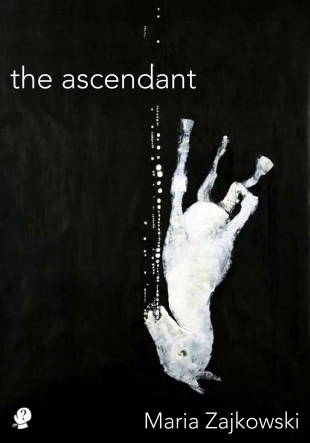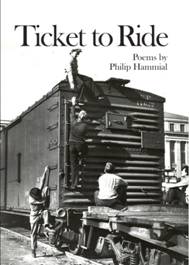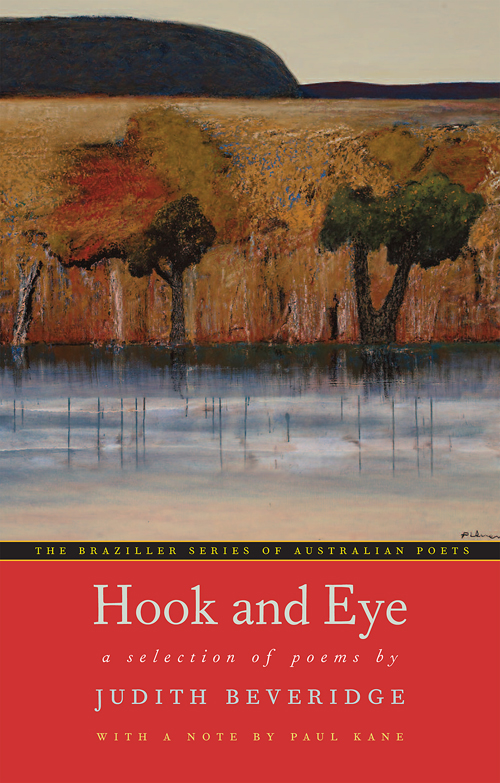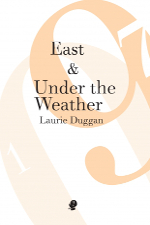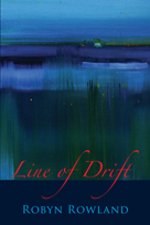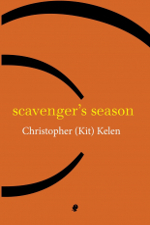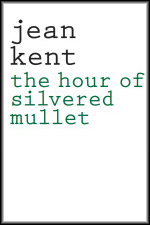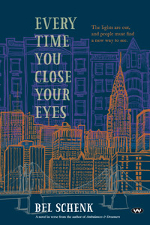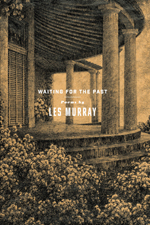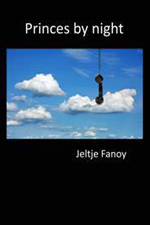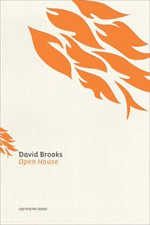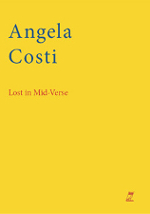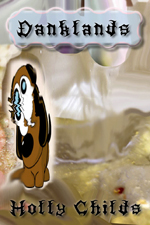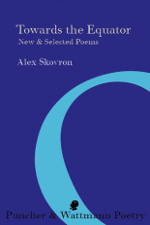BOOK REVIEWS
Review Short: Murray Edmond’s Then It Was Now Again: selected critical writing
The essays and reviews in this collection, all previously published, span roughly thirty years of New Zealand literary history, the earliest having been published in 1973 and the most recent from the late 2000s. With one or two exceptions, these pieces tend to focus either on New Zealand poetry or New Zealand theatre, and on the surface this might seem to limit the appeal of this collection to an international audience.
Simon Eales Reviews John Kinsella
In the first rabbit poems by the late J S Harry, her rabbit-character, Peter Henry Lepus, is thrown into a number of desolate or alien environments. Peter is ‘dumped … on the Desert of Sense’, ‘comes to … FORTY-THREE BLENDS / OF DUSTED-OFF & SUNDRIED RATIONALISM’, and ‘gets lost in “Calcutta” / on his way to visit Farmer McGruber’s vegetable patch.’ He is displaced most comprehensively in the middle of Iraq, 2003, a warzone that amplifies his naïve and interlopic perspective. Such meaning-deprived contexts let Harry explore belonging, identity, and the stability of concepts themselves. In the poem, ‘Small & Rural’, for example:
Review Short: Robert Adamson’s Net Needle
Net Needle begins with the thoughtful interlacing of seven poems. The first poem, ‘Listening to Cuckoos’, highlights the bird’s ‘two unchanging notes’ during the start of spring. Then, ‘Summer’, with its ‘pallid cuckoo call’ through the poet’s garden threads into ‘Garden Poem’ and how sunlight spans the course of a day until ‘patches of moonlight’ travel into the next poem, ‘Dorothy Wordsworth’. Here, we find the Romantic poet’s sister ruminating near a window where the moon moves ‘across the star-decked dark’.
Review Short: Ken Canning/Burraga Gutya’s Yimbama
Reading a book by an Indigenous Australian author comes with a certain mythos attached. There is an uncritical expectation of explanation, of being taken by the hand and taught profound lessons that are appropriable, then displayed as trophies to liven up ‘Western’ society. Because indigeneity is often imagined as oppositional to modernity – and because modernity is assumed to belong to the ‘West’ – it’s as if the reader is sneaking off and doing something a little naughty, a little rebellious, by peeking over the fence at the fascinating and magical world of the ‘ethnic’ writer. And there is a reward for this, be it gratitude from the authors for deigning to listen, or kudos from one’s own cohort for being so very brave and ‘open minded’.
Review Short: Ian Gibbins’s and Judy Morris’s Floribunda
How far we are from the radical days of realism. Prior to Adorno’s dismantling of Lukacs and the Stalinist led state institutionalisation of it, realism may have laid claim to being an innovative aesthetic with agreeably progressive political inclinations.
Shale Preston Reviews Christine Townend
Christine Townend’s debut poetry collection is powerful, important and timely. Indeed, owing to its sustained and compassionate focus on animals, it could well come to be viewed as a watershed in terms of Australian poetry. Townend, founder of Animal Liberation Australia and a number of shelters for street dogs in India, is a woman who has been on the front line in terms of animal rights activism, and has performed some extremely valuable work therein.
Oliver Shaw Reviews Michael Aiken
Reading Michael Aiken’s A Vicious Example is like walking out of the pub and wandering city streets at 4 am, half-drunk and in sub-conscious wonder. The strangeness of it all: What year is it again? Where are we? Aiken’s collection is fragmented, forming thought-voices into obscure imagery that settles and unsettles on the mind. Aiken’s voice is lethargic, hopeless. There is only one narrative to this text that I can find, which from the beginning locates us and the poems in the Australian city. In the opening poem Aiken welcomes us to ‘come and see …’ what the rest of the country looks like after colonisation’s ‘Theft by Discovery’.
Review Short: Ivy Ireland’s Porch Light
By way of introduction permit me to share that for some reason I keep conflating this poet’s name with the title of her latest book. The result is a hybrid of name and place, forming a vague ‘place-name’ in the utterly made-up signifier ‘Porchland.’ Working back, this topos, to my mind, alluding to a libidinous, transgressive and, above all, fertile ground, is formed out of the name of the talented poet, Ivy Ireland, and the title of her second collection of poetry, Porch Light, whose eponymous poem quotes Tom Waits in the epigraph: ‘How do the angels get to sleep when the Devil leaves the porch light on?’
Review Short: Maria Zajkowski’s The Ascendant
The challenge for any author in writing a book about death is to somehow make the subject seem both itself and new at the same time. Death is familiar, but poetry about death should not be. A good poet will give death impact without slipping into easy sentimentalism. Maria Zajkowski – winner of the 2011 and 2012 Josephine Ulrick Poetry Prize – undoubtedly succeeds in this regard with her debut collection The Ascendant, creating a vulnerable portrait of the poet through evocations of possession and loss.
Review Short: Nathanael O’Reilly’s Distance
Nathanael O’Reilly’s Distance is threaded with daily objects and locations pressed carefully against each other for maximum coverage within minimum space. O’Reilly’s poems can travel whole countries in a couple of phrases, or emotional landscapes that dart from comfort to the homesickness we glimpse via the sparse beats charged with its evocation.
Review Short: Philip Hammial’s Ticket to Ride
Ticket to Ride is a collection of life-moments; a certain ‘true expression’ splash in a muddy world puddle, some shocked morsel of life momentarily caught in the light. They aren’t easy moments, perhaps, but they are strangely beautiful, nonetheless.
Review Short: Judith Beveridge’s Hook and Eye
Last year I heard Judith Beveridge interviewed by Bronwyn Lea at the 2014 Queensland Poetry Festival. Aside from being left with the enduring impression that Lea should have her own TV show, I was also struck by a number of Beveridge’s revelations regarding her praxis. Beveridge confessed, for instance, that she does not like listening to music. Nevertheless, she described the process of writing poetry in a way that resonated with the classical foundations of lyric verse in music. Beveridge revealed that she begins writing by mobilising rhythm, rhyme, feeling and alliteration to bring forth the words and images of her poetry. She begins, in other words, from an embodied experience of language – as the philosopher Maurice Merleau-Ponty describes it in The Phenomenology of Language – that is essential to us all.
Review Short: Laurie Duggan’s East & Under the Weather
It’s possible to say now, I think, that Laurie Duggan’s massive, monumental and documentarian long poem entitled The Ash Range (collected in 1987) has done for Australian expansive poetics what William Carlos Williams did with Paterson, and Charles Reznikoff with Testimony. Duggan is a practitioner of the serial and modular long poem par excellence. The long poem, in its weighty transfer from the epic, inaugurates a new kind of impure capaciousness, an ability to include modes, styles, citation and quotation, to document change, compromise, the whole mess of culture, all the rich materials that define the modern and contemporary long poem. A recent example of a modular long poem of the kind Duggan has engaged since the 1970s is Kate Middleton’s disjunctive, difficult and sprawling Ephemeral Waters (2013).
Libby Hart Reviews Kate Newmann, Robyn Rowland and Jessica Traynor
Labels are funny things. A lot of the time they can feel unnecessary – especially to an individual being labelled – but there are instances where such an exercise can prove useful. Writing about the Ireland is a good example of this. On one level we must consider Ireland as one entity, but we must also acknowledge that modern Ireland is not made of one but two territories. This statement shouldn’t be interpreted as overly simplistic. The complexities surrounding the Republic of Ireland and Northern Ireland extend beyond politics and are deeply ingrained in the language and identity of people from both sides of the border.
Luke Beesley Reviews Christopher Kelen
For some time I’d been carrying Christopher (Kit) Kelen’s Scavenger’s Season around in my backpack, where it jostled with other books, pencil shavings and an old apple. I happened to finally reach for it and dust it off while in the members’ lounge of the NGV Ian Potter Centre.
Robert Wood Reviews Duncan Hose, Jean Kent and Alyson Miller
In the library of Australian poetry animals occupy many pages. There are poems on kangaroo, frog, platypus and bandicoot; pig, dog, possum and cow; sheep, fox, dugong and crocodile; and an aviary of birds from budgies and pelicans to magpies and herons.
Review Short: Bel Schenk’s Every Time You Close Your Eyes
Bel Schenk’s third poetry collection, Every Time You Close Your Eyes, is sparsely written, yet deeply self-aware. Taking the form of a verse narrative, the book is a series of poems exploring events commonly referred to as the ‘New York City blackouts of 1977 and 2003’, similar in circumstance, yet as Schenk demonstrates, vastly different due to the temporal space between them.
Review Short: Les Murray’s Waiting for the Past
Half a decade on from appearance of the elongated shadow figure that adumbrated Les Murray’s last collection, Taller When Prone, the poet returns with stature intact and a magisterial resounding of strata and reach.
Benjamin Solah Reviews Jeltje Fanoy
Jeltje Fanoy’s Princes by night is part poetry collection and part fragmented family history, peppered with glimpses of the Dutch colonial experience in Indonesia. Her fourth collection, Fanoy has explained that it’s partly influenced by her becoming aware of Australia’s own colonial history, and has been her ambition for many years.
Review Short: Evan Jones’s Selected Poems
These lines, suffused with an abiding sense of melancholy (perhaps unsurprising given Jones’s advancing years), encapsulate the contemplations of the poet throughout the collection: the possibilities of language, the significance of the quotidian and the inescapable experience of loss. Along with Chris Wallace-Crabbe, Jones is one of the few remaining Melbourne University poets and writers from the 1950s and 1960s. This circle comprised poets such as Dinny O’Hearn and Vincent Buckley and focused on a more academic style of poetry.
Review Short: David Brooks’s Open House
In Open House, David Brooks makes it look easy. These poems appear to be simply set down, flawless panes of glass framing scenes from a life. For the attentive reader, however, even one who doesn’t know the extent of Brooks’s work as a poet, a novelist, an editor, a translator, a researcher and writer of books about other poets and poetries, there are clues to the years of deep thinking, constant writing and serious, engaged living that Brooks brings to his own practice.
Nathanael O’Reilly Reviews Angela Costi and Dimitris Tsaloumas
Angela Costi’s poetry and fiction have appeared in many venues, including Cordite Poetry Review, The Age, Going Down Swinging, Overland, and Southerly. She has also published non-fiction prose and written seven plays. Costi’s new chapbook, Lost in Mid-Verse, is her fourth collection of poetry, following Dinted Halos (2003), Prayers for the Wicked (2005) and Honey and Salt (2007).
A J Carruthers Reviews Holly Childs
What Walter Benjamin identified as ‘aura’ finds curious analogies to the ‘post-medium’ present. Tan Lin writes of how for Andy Warhol ‘Language is a means of exchanging who we are (our product) for someone we aren’t (our aura).’ Similar to a psychotheoretical split between our Symbolic and Real personae, the contemporary ‘aura’ is something like the sheer secondary quality of everyday life; the curious, removed, if symbolic fascination of what might be happening when nothing is happening: the generic publicity and ‘intermundane’ privacy of relaxation (if we can here call ‘intermundane’ the vacuous yet binding, commodified space between earthly bodies).
Review Short: Alex Skovron’s Towards the Equator: New & Selected Poems
While I was walking in the Museum of Fine Arts Houston with my cousin, I found myself discussing the conversations I seem doomed to repeat, the seemingly circular unending ones I’ve had over years, with myself and others without resolution.

